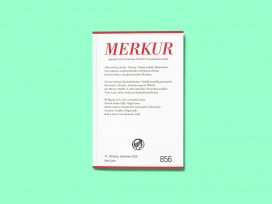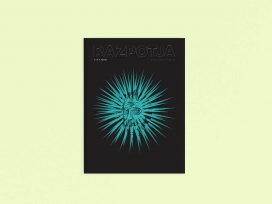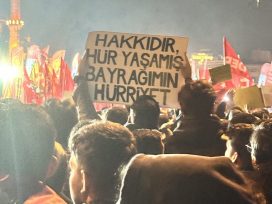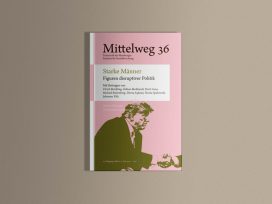‘Osteuropa’ traces the decline of democratic constitutionalism in Russia and calls Putinism for what it is. Also: on the Kremlin’s increasingly restrictive definition of acceptable protest; and the ethnonationalism of Russia’s National Democratic opposition.
The constitutional changes made in March 2020 have robbed the constitution of its power and have derailed the fundamental principles of democracy. The first two chapters of the constitution stipulating rule of law principles now stand in contradiction to the subsequent chapters on the organization of the state. Article 81 paragraph 3 granting Putin the right to stand again for the presidency in 2024 and 2030 is ‘essentially not a constitutional norm but an individual legislative act or “Lex Putin”, and as such a triumph over the constitution of 1993.’
To refer to Russia today as a ‘managed democracy’ is to misconstrue what is in fact ‘a mix of manipulation, fraud, repression and cynicism’. All electoral systems are ‘managed’ in various ways; what defines them as democratic or not is whether the way in which they are managed respects basic rights and the principles of rule of law and parliamentarism. The term ‘electoral authoritarianism’ is similarly inappropriate. What distinguishes contemporary authoritarianisms is not that fact that they hold elections – all do so in order to feign legitimacy – but that these elections are neither free nor fair.
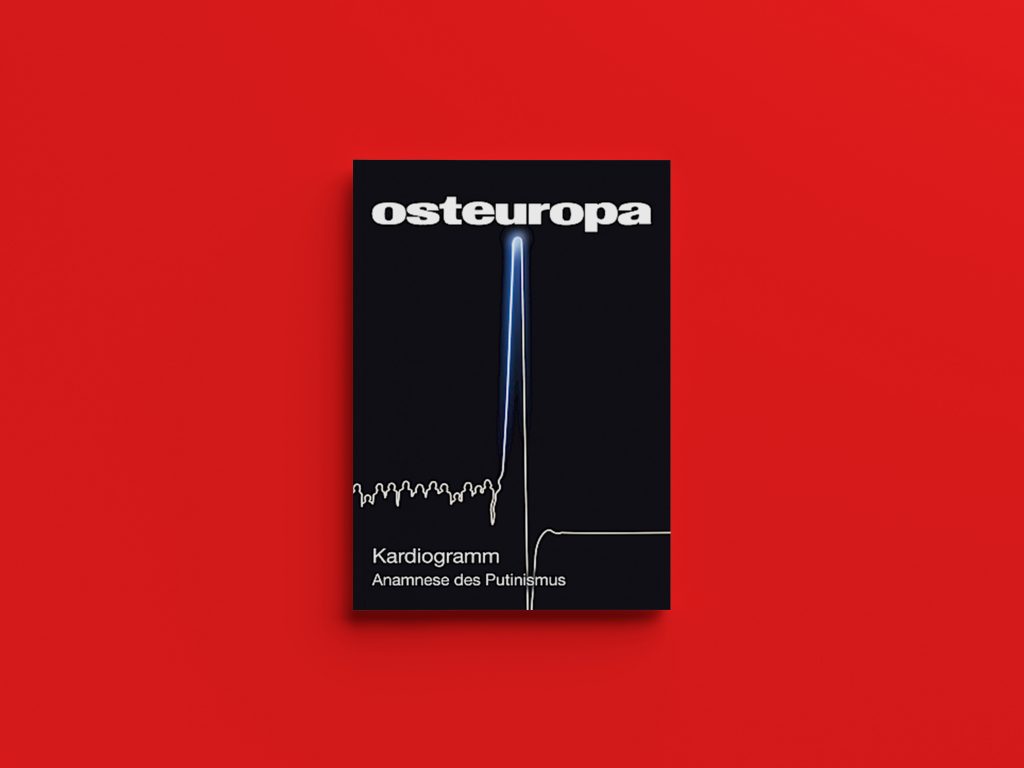
Top View Magazine Mockup by Anthony Boyd Graphics
Protest
When protest movements in Russia have specific social or local goals, they are occasionally successful. However, if they direct their efforts against the regime as a whole, they are suppressed, writes Jan Matti Dollbaum. Since the protests against electoral fraud in the winter of 2012/2013, the government’s definition of the boundaries of acceptability have has become increasingly restrictive.
In order to divide society, the Kremlin styles itself as the upholder of ‘traditional values’ and agitates against many different social groupings. Differences between Russia’s regions have been levelled out by the rigorous imposition of the power vertical. In Perm, once an important centre of organized civil society, the situation today is hardly different to that in Rostov on Don, where repressions were already being applied during the 1990s.
Ethnonationalism
Russia’s National Democrats are enjoying increasing popularity among regime opponents. Rooted in the nineteenth century, National Democrat ideology combines a positive attitude towards democracy with ethnonationalism, writes Evgeniy Kazakov. Elements of their worldview include an idealized image of the classical West, pro-market views, criticism of Russia’s model of ethnic federalism and of Islam and migration. The goal of the National Democrats is democracy, but the demos to which they refer is ethnically defined.
This article is part of the 17/2020 Eurozine review. Click here to subscribe to our weekly newsletter to get updates on reviews and our latest publishing.
Published 23 September 2020
Original in English
First published by Eurozine
Contributed by Osteuropa © Eurozine
PDF/PRINTNewsletter
Subscribe to know what’s worth thinking about.
Related Articles

An emotive rift exists between being drafted and signing up for military service. Those who prioritize family responsibilities, education and skills, and non-violence aren’t backing the opposition. Defence comes in many forms. Could lessons from Ukraine’s mobilization inform the recruitment challenges potentially facing the rest of Europe?

For those who suffered the consequences of Yalta’s division of Europe, the Helsinki Final Act brought grounds for optimism. Today, as Russia’s regressive war on Ukraine reopens old conflicts, it stands as a monument to European modernity.

